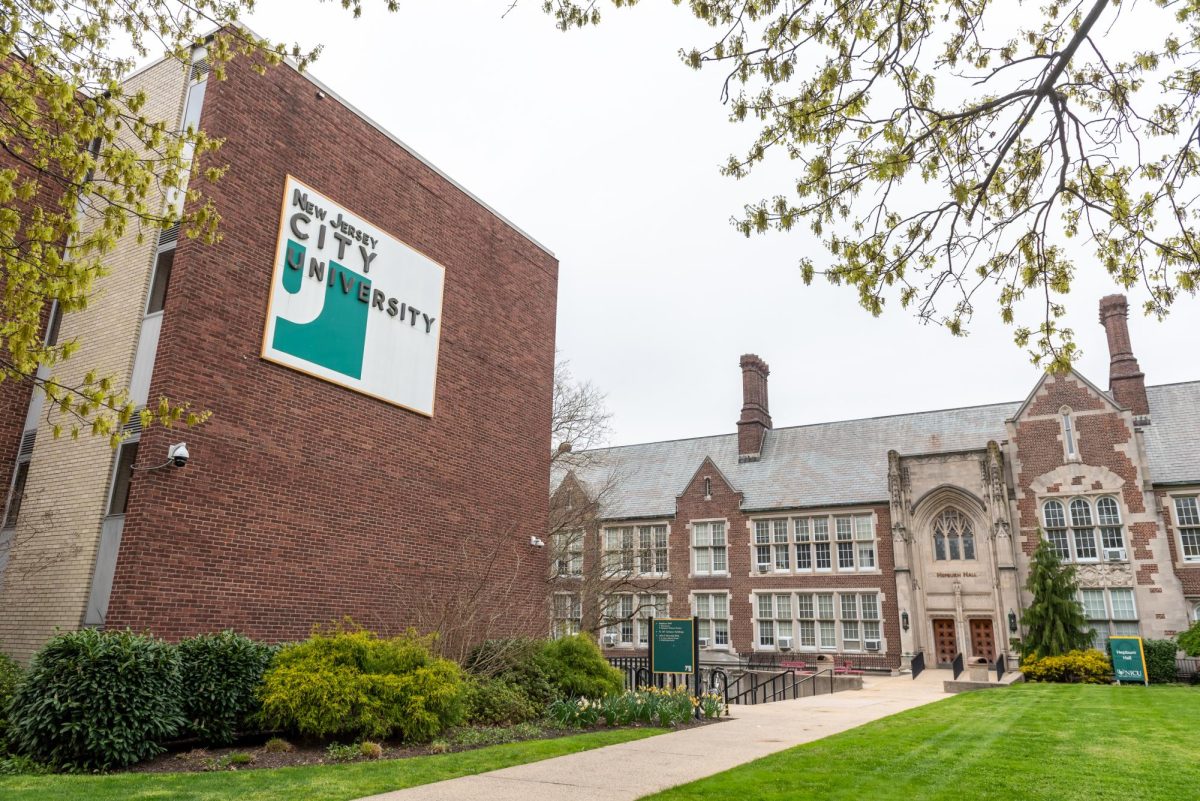By Rafal Rogoza —
A civil law suit accusing NJCU of discrimination in its promotion practices was rejected by the U.S. District Court in late September. Sociology Professor Fred Andes alleged that the University violated the Civil Rights Act by denying him a promotion because he was Filipino. A jury of eight rejected the charges after a brief deliberation.
“The employee who filed a Title VII discrimination complaint against the University exercised his rights as he perceived them. In the litigation the University was provided with legal representation by the Attorney General. The University’s position was that the employee’s claims were without merit and that no violation of Title VII had occurred. Plaintiff had his opportunity to present his proofs to a jury of eight and the jury issued a unanimous verdict that the University had not violated Title VII of the Civil Rights Act of 1964 as plaintiff had contended,” said NJCU spokeswoman Ellen Wayman – Gordon in a press release.
In the civil suit, Andes claimed he was denied a promotion to a full time professor in 2005 and was over looked as a candidate for Dean of Studies and Continuing Education in 2003 because of his nationality. Andes also makes the claim that he was denied the promotion because of his friendship to former NJCU Professor William Dusenberry. Dusenberry has been highly critical of NJCU President Carlos Hernandez.

In an interview with the Jersey City Independent, Andes remarked that the trial was not fair because the jury was all white.
“Had there been some minority representation, I believe the process would have been fairer, because, as a colleague told me, it’s tough to convince an all white jury that a Puerto Rican president discriminated against a Filipino,” said Andes.
Andes also claimed that the witnesses changed their stories on the witness stand, stating in the interview, “The college’s witnesses changed their testimony from what they had stated in their 2009 depositions backing my charges, and I suspect they were coached to do so by the college.”
Andes believes that had the witnesses not changed their story the jury would not have rejected the case.
“The University’s position regarding Dr. Hernandez’s testimony is that plaintiff’s attorney had the opportunity to raise the questions he believed were appropriate in furtherance of his client’s case and Dr. Hernandez answered them as reflected in the transcript,” says a statement released by Mrs. Wayman-Gordon.








Brian Singh • Dec 5, 2011 at 10:58 pm
Great article!